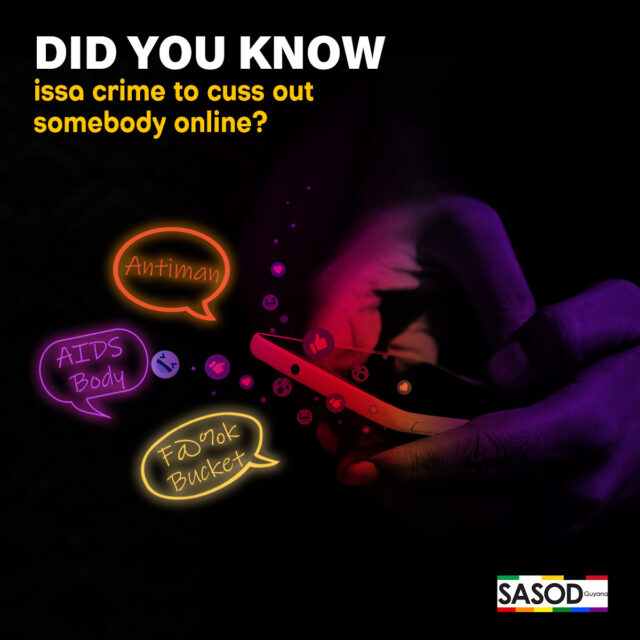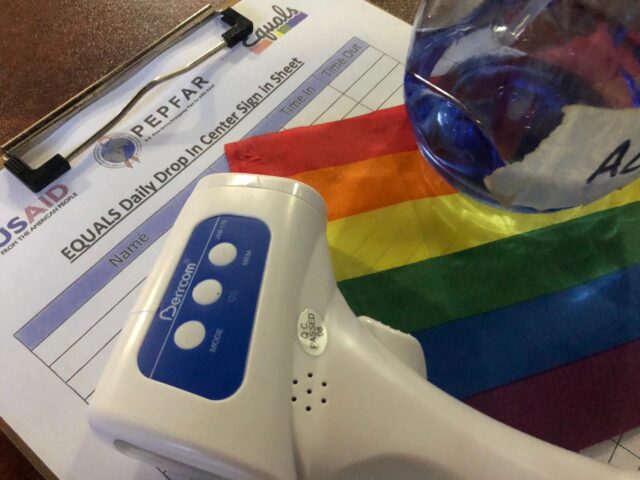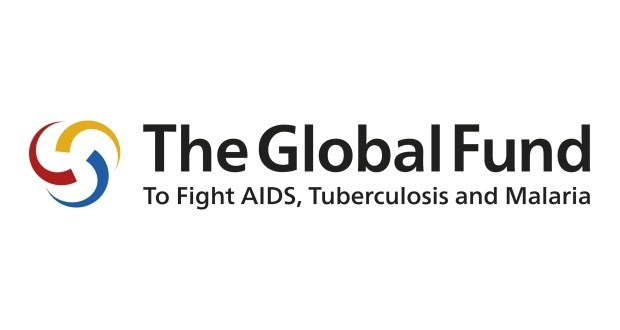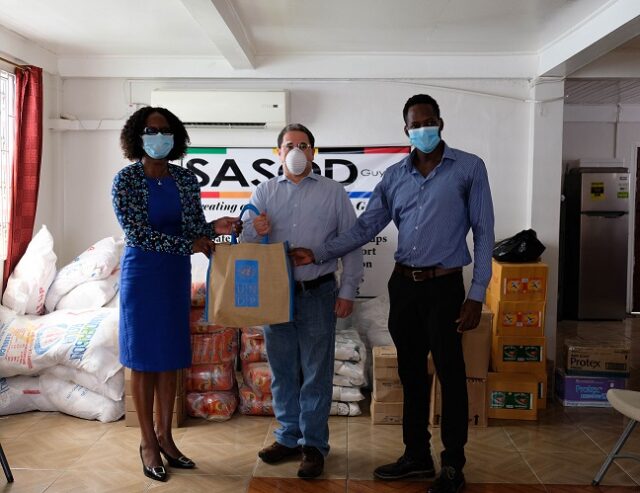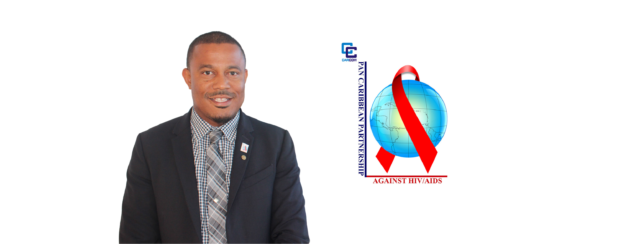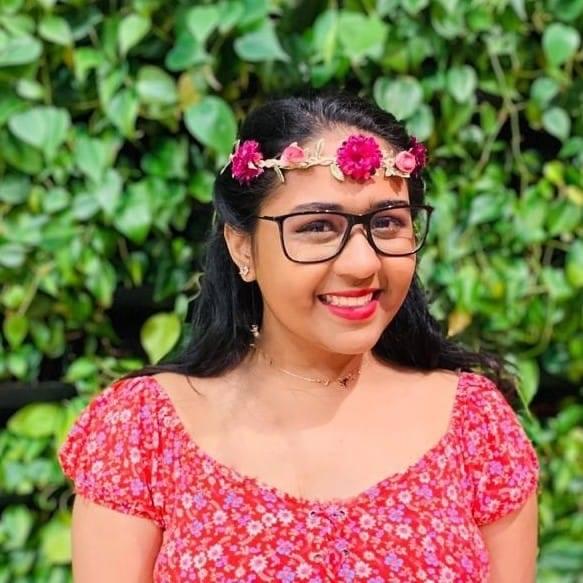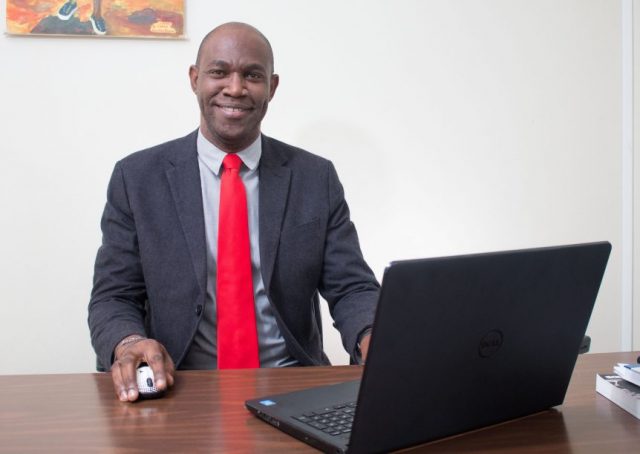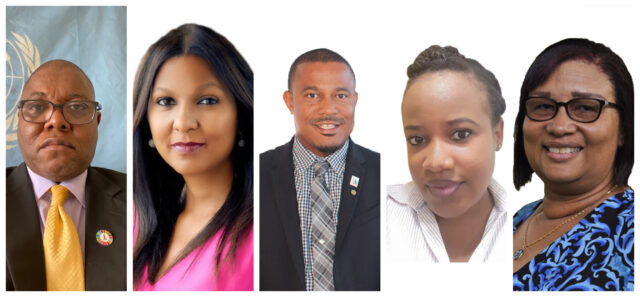10 August 2020
GENEVA – The Global Fund to Fight AIDS, Tuberculosis and Malaria has launched a search for its next Inspector General.
A seven-member nomination committee will help the Board of the Global Fund select the next Inspector General. The Board welcomes all candidates with proven skills in leadership and strategic oversight, and from broad and diverse backgrounds.
Board Chair Donald Kaberuka said an independent, well-resourced and transparent Office of the Inspector General (OIG) is more essential than ever for the success of the Global Fund as the world responds to the COVID-19 pandemic.
“The Global Fund is committed to the highest standards of accountability,” Kaberuka said. “As we help countries defeat COVID-19 and mitigate its impact on HIV, TB and malaria, it is essential to maintain the confidence of our donors and partners and the trust of the communities. Years of hard-won gains could be erased, and millions of lives among the most vulnerable communities are at risk.”
The OIG is an independent yet integral part of the Global Fund. Through audits, investigations and consultancy work, the OIG provides the Global Fund with independent and objective assurance over the design and effectiveness of controls in place to manage the key risks impacting the Global Fund’s programs and operations. The OIG reports on all its activities in the interest of transparency and accountability. The results of its audits and investigations are published on the Global Fund website.
Current Inspector General Mouhamadou Diagne informed the Board earlier this year that he was stepping down to take the position of vice-president of integrity for the World Bank Group.
During his more than five years as Inspector General, Diagne has led a 50-member team of audit and investigation professionals with expertise in risk management, internal controls and governance. The OIG implements a strategic and proactive approach to preventing fraud and misuse of funds, as recommended by the Board and its Audit and Finance Committee.
The Global Fund, the largest multilateral investor in grants for health systems, has saved more than 32 million lives and helped cut HIV, TB and malaria deaths by roughly half, disbursing US$45 billion to more than 100 countries. However, the COVID-19 pandemic threatens to reverse the extraordinary gains made by the Global Fund in the fight against the three diseases.
The Global Fund has reacted decisively to the emergence of COVID-19, quickly making available up to US$1 billion to support countries as they respond to the pandemic, adapt their HIV, TB and malaria programs, and reinforce their already overstretched health systems.
The nomination committee, with the support of an executive search firm, expects to interview the strongest candidates and to recommend a final candidate to the Board for appointment by November 2020. The Global Fund is working with the firm Egon Zehnder to assist with the search for an Inspector General. For more information on the position, qualifications, and requirements go to https://appointments.egonzehnder.com.
###
Le Fonds Mondial se met en quête d’un Inspecteur général
10 août 2020
GENÈVE – Le Fonds mondial de lutte contre le sida, la tuberculose et le paludisme s’est mis en quête de son prochain Inspecteur général.
Un comité de nomination composé de sept membres aidera le Conseil d’administration du Fonds mondial à sélectionner le prochain Inspecteur général. Tous les candidats possédant des compétences avérées en leadership et en suivi stratégique sont invités à se manifester, quel que soit l’horizon dont ils sont issus.
Selon le président du Conseil d’administration Donald Kaberuka, le Fonds mondial a plus que jamais besoin d’un Bureau de l’Inspecteur général qui soit indépendant, transparent et doté de ressources suffisantes pour mener à bien sa mission, au moment où le monde entier riposte à la pandémie de COVID-19.
« Le Fonds mondial s’engage à respecter les normes de responsabilité les plus strictes », déclare M. Kaberuka. « Au moment où nous aidons les pays à lutter contre le COVID-19 et à en atténuer les effets sur le VIH, la tuberculose et le paludisme, il est impératif de préserver la confiance de nos donateurs, de nos partenaires et des communautés. Des années d’avancées obtenues de haute lutte pourraient être anéanties et des millions de vies au sein des communautés les plus vulnérables sont exposées au risque. »
Le Bureau de l’Inspecteur général est une entité indépendante du Fonds mondial, mais qui en fait néanmoins partie intégrante. Au travers d’audits, d’enquêtes et d’activités de consultance, il fournit au Fonds mondial une assurance indépendante et objective sur la conception et l’efficacité des contrôles mis en place afin de gérer les principaux risques qui menacent les programmes et les activités du Fonds mondial. Le Bureau de l’Inspecteur général rend compte de toutes ses activités dans un souci de transparence et de responsabilité. Les résultats de ses audits et enquêtes sont publiés sur le site web du Fonds mondial.
En début d’année, l’actuel Inspecteur général Mouhamadou Diagne a informé le Conseil d’administration qu’il allait quitter ses fonctions afin de prendre la vice-présidence Intégrité du Groupe de la Banque mondiale.
Pendant plus de cinq années à la tête du Bureau de l’Inspecteur général, M. Diagne a dirigé une équipe de 50 auditeurs et enquêteurs, spécialistes de la gestion des risques, des contrôles internes et de la gouvernance. Le Bureau de l’Inspecteur général adopte une démarche stratégique et volontariste en matière de prévention des fraudes et des détournements de fonds, conformément aux recommandations du Conseil d’administration et de son Comité d’audit et des finances.
Premier investisseur multilatéral en faveur des systèmes de santé au travers de subventions, le Fonds mondial a sauvé plus de 32 millions de vies et contribué à réduire de près de moitié les décès dus au VIH, à la tuberculose et au paludisme, décaissant 45 milliards de dollars US à plus de cent pays. Cependant, la pandémie de COVID-19 menace d’inverser les progrès extraordinaires enregistrés par le Fonds mondial face aux trois maladies.
Le Fonds mondial a fermement réagi à l’émergence du COVID-19 et a rapidement mis à disposition un milliard de dollars US afin d’aider les pays à lutter contre la pandémie, adapter leurs programmes de riposte au VIH, à la tuberculose et au paludisme, et renforcer leurs systèmes de santé déjà débordés.
Avec le concours d’une agence de recrutement de cadres, le Comité de nomination s’entretiendra avec les meilleurs candidats et espère recommander un nom au Conseil d’administration au plus tard en novembre 2020. À ces fins, il a fait appel à l’agence Egon Zehnder. Pour de plus amples informations sur le poste, les qualifications et les compétences requises, rendez-vous sur https://appointments.egonzehnder.com.

